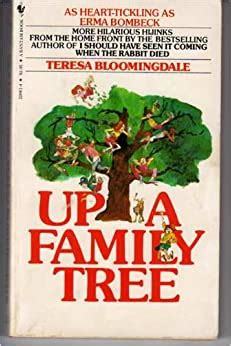A Quote by Gilbert K. Chesterton
Whenever you remove any fence, always pause long enough to ask why it was put there in the first place.
Related Quotes
I think one of the finest gifts I can give my friends in the holiday season is to pause with a long enough quality to actually SEE them. My calm, unhurried presence communicates this gift of a message, "I see you. I recognize you. I remember our times of together and am contributing right now to another quality memory. I value you and honor and take the time, right this moment to pause long enough to truly notice you."
Learning to pause is the first step in the practice of Radical Acceptance. A pause is a suspension of activity, a time of temporary disengagement when we are no longer moving toward any goal ... The pause can occur in the midst of almost any activity and can last for an instant, for hours or for seasons of our life ... You might try it now: Stop reading and sit there, doing 'no thing,' and simply notice what you are experiencing.
Where are you going?" "Nowhere special. I just have some... things to do." "Why did you pause?' "I'm sorry?" "You paused. You have 'some... things to do.' "No reason, I just--" "You're up to something." "No--" "Then why'd you pause?" "Get in the car." She got in. He got in. "Seat belt," he said. Why'd you pause?" His head drooped. "Because I'm up to somthing." "And why can't I come with you?" "Because it's something sneaky." "Do you promise to tell me later?" "I do." "Well all right then." She clicked her seat belt into place. "Let's go.
The only answer that has any chance against against the information saturation kids face these days is to talk openly with kids, early enough and often enough and unflinchingly enough that you set the precedent of being the safe place they can go to ask their difficult questions. It has to happen starting when they're 2 or 3, and they ask you where babies come from and instead of freaking out and deflecting, you give facts commensurate with their ability to understand.
Listen to John Coltrane enough and after two bars, just two bars at any place, and you know that's him. We all have signature things that happen to be similar that you can predict and you try to stay away from that except the rhythms: those pauses, they're part of my signature, the part where I know when I say nothing, I already painted enough, led enough and I don't even have to say anything. But those pauses don't belong to me. Jack Benny was one of the first guys in comedy to make the anticipation so great that during the pause people start to laugh before the execution.
I think any information about any type of art form, it's always the right time. But since the last one, I could see there were many things about the culture of DJing that we don't really talk about. We don't really look at how the music is made, how it's conceptualized, how it's put together. We talk about the equipment and the software, but we don't talk about the reasons why we put the music together in the first place.





































